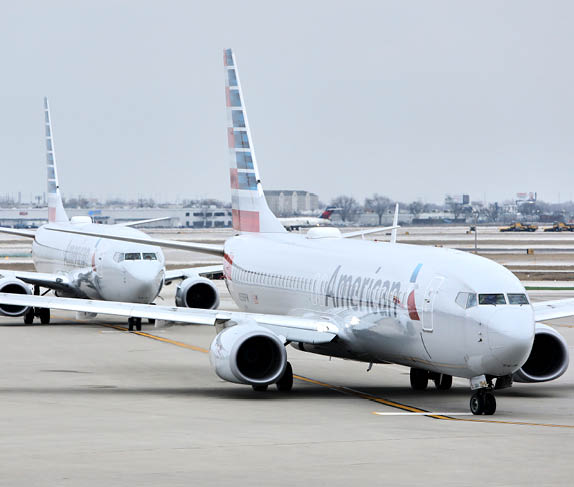The US-Chinese trade spat is impacting world markets today and has aviation manufacturing companies and traders glued to their respective news outlets to see what other products will be impacted by this ongoing trade war.
The tariff war began when US President Trump added tariffs to imported aluminium and steel, which are now in effect against the European Union and Canada. These tariffs are already biting into production costs for US aviation manufacturers although the market was not too worried about this since additional costs such as these are usually absorbed by the supply chain. However, the tariff war has spread to China with Trump specifically calling out Chinese companies for acquiring US intellectual property by insisting foreign companies partner with local firms. The US subsequently placed 25% tariffs on $50bn of Chinese goods last week. Over the weekend, China retaliated to these US tariffs by adding similar tariffs to a long list of US-manufactured goods that include aircraft tyres, aircraft engines and parts. Trump has now retaliated by directing the US trade representative to identify $200bn of Chinese goods for additional 10% tariffs. To which, China has stated that it will respond with “strong countermeasures”.
In this escalating tariff war, aviation manufacturers stand to be the largest losers if China decides to slap high tariffs on large civil aircraft. China has long been the growth area for civil aviation. Boeing’s latest market forecast predicts that China traffic is forecast to grow by 5.6% annually to and from Europe and 5.4 percent to and from North America. Because of this continued growth, China will need 940 small and 550 medium to large passenger widebody airplanes in the next 20 years, says Boeing. Last year, Boeing delivered 172 aircraft to China, which is expected to ramp up significantly.
Trump says that trade wars are easy to win – for US manufacturers this will not be an easy ride to fruition.

